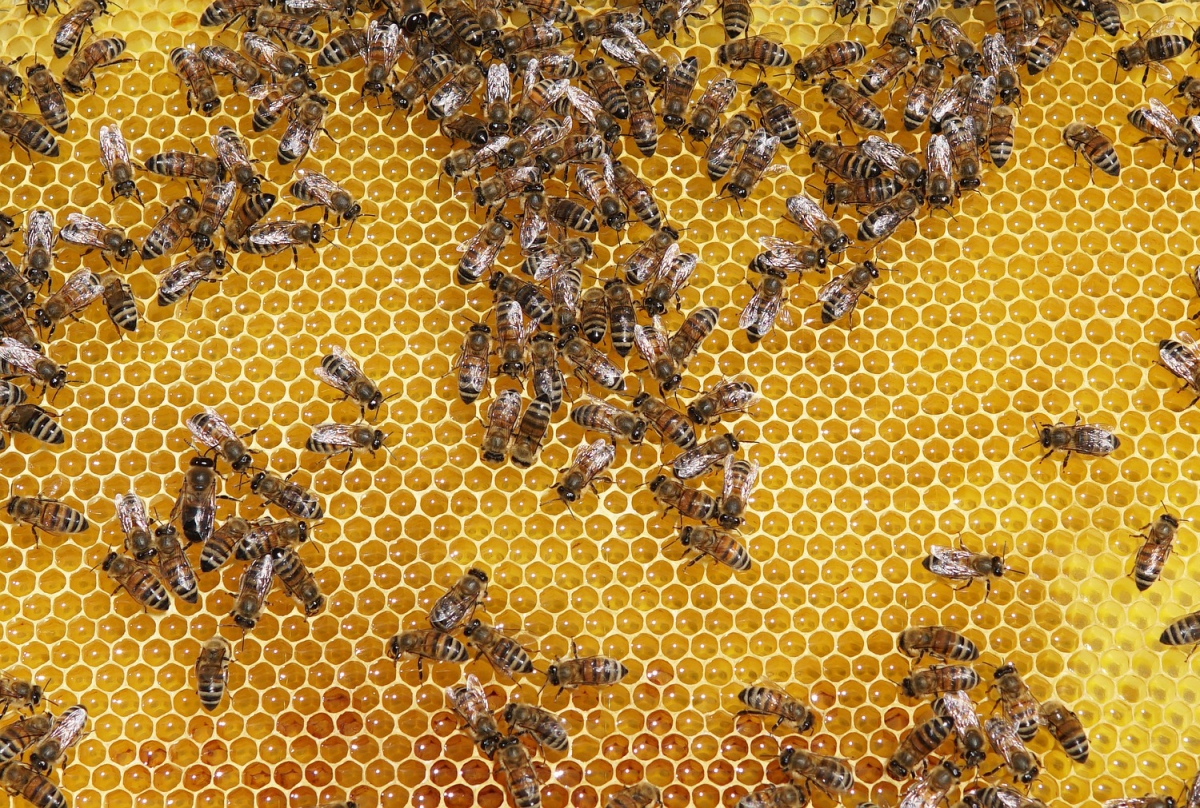“Honey” may be one of the sweetest names for a golden cocker spaniel puppy, but it is also one of my favourite “superfoods” and natural ailments.
Nutritionally, about 40% of honey is fructose, 40% – glucose, 15% – water and 5% – other sugars plus 80 trace vitamins and minerals including B, C, magnesium, phosphorus, iron, calcium, potassium, iodine, sodium, copper, manganese, zinc, boron, silver and silica. Manuka honey also contains some proteins and fatty acids.
No wonder that honey is praised for its antibacterial properties, source of energy, and an ability to maintain healthy digestive, nervous, immune and skeletal systems, support haemoglobin levels, improve memory function and aid natural detoxification.
Studies that were done on humans or rats linked manuka honey to the blood sugar control, reduced risk of diabetes, metabolic syndrome and several cancers.
In dogs, a 2016 pilot study concluded that medical grate manuka honey could be used for treatment of ear infections (but please do discuss this with your vet before going ahead!)
But can the dogs really eat honey?
The answer is… IT DEPENDS.
Whilst a little honey may be beneficial for healthy adult dogs without underlying health conditions, it should not be given to overweight and obese dogs, dogs who have diabetes, and must never be fed to puppies under 12 months of age or any dog with the weakened immune system.
Raw honey may contain botulism spores (two other common sources are raw meat and carcasses of dead animals) and be potentially fatal. Adult dogs are resistant to the bacterium, but neither puppies, nor ill dogs have enough natural defences for protection.
The spores cause paralysis, extreme salivation, vision problems, runny eyes, difficulty swallowing and breathing and death due to either paralysis of the heart or lungs. If a dog does recover, he requires maintenance therapy for life. First symptoms may take between a few hours to up to 6 days to develop and often begin with weakness in rear legs that appear within 24 hours after ingestion of the spores.
For this reason, all puppy parents must check any foods or treats for presence of honey and avoid them until their dog’s first birthday. It is also essential to check that grooming products, especially balms and creams, you use for a puppy are free from both honey and beeswax (cera alba).
The good news is dogs naturally love honey (because they do love anything sweet) and honey may provide some goodness for all healthy grown-up canines, so treat them to a 1/4 tsp (cocker spaniel size) of good quality raw honey a few times a weeks without worried.
Adapted from Beyond the Doughnut: 30 meals & treats your dog will love.
Photo credit: Karsten Masden and Florian Kurz via pixabay
